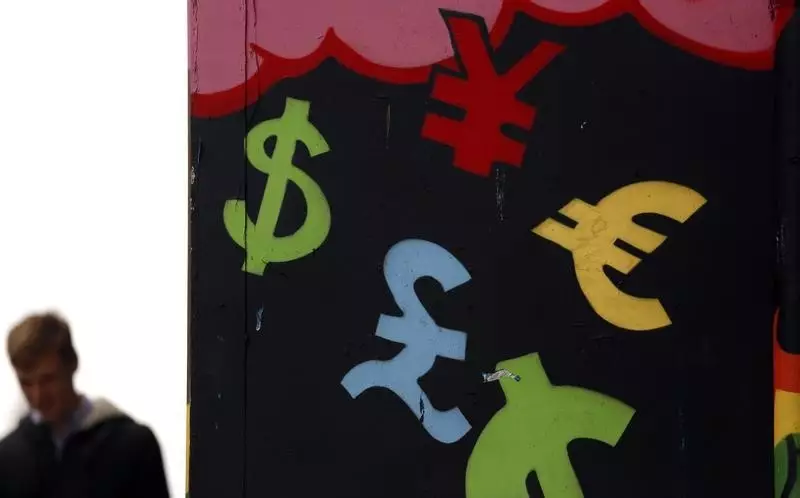In a strategic dialogue marking the beginning of a new U.S. administration under President Donald Trump, Secretary of State Marco Rubio engaged in his inaugural conversation with Vietnam’s Deputy Prime Minister and Foreign Minister, Bui Thanh Son. This interaction not only celebrated the 30th anniversary of diplomatic ties between the two nations but also reinforced the significance of their Comprehensive Strategic Partnership established earlier in 2023. As global dynamics shift, the relationship between the U.S. and Vietnam emerges as increasingly pivotal, especially amidst rising tensions in the Asia-Pacific region.
Central to their discussions was the pressing issue of trade imbalances. The U.S. is currently grappling with a substantial trade deficit with Vietnam, which exceeded $110 billion within the first eleven months of 2024. This deficit has surged nearly 18% from the previous year, highlighting Vietnam’s burgeoning industrial sector and its growing exports to the U.S. Despite the economic cooperation gleaned from their relationship, Rubio aptly urged his Vietnamese counterpart to take proactive steps in addressing this imbalance. As the primary market for Vietnamese goods, the U.S. is faced with a conundrum; the trade gap poses significant risks to Vietnam’s export-driven economy, especially in an environment where tariff threats loom large.
Aside from trade issues, significant attention was devoted to regional security, particularly the challenges posed by China’s assertive behavior in the South China Sea. The shared concerns over China’s increasing military and economic might reflect a broader regional anxiety among Southeast Asian nations. During the call, Rubio emphasized the importance of fostering collaborative strategies to counter China’s presence, an issue that resonates deeply given the South China Sea’s strategic significance for international shipping and regional security interests.
The relationship between the U.S. and Vietnam has evolved beyond mere economics; it now encapsulates critical geopolitical considerations. Major U.S. multinational corporations, including tech giants like Apple, Google, and Intel, have established significant operations in Vietnam, further intertwining the economies of the two nations. However, this interdependence presents its challenges, given the heightened scrutiny from U.S. officials regarding Vietnam’s currency practices. The Trump administration previously labeled Vietnam as a currency manipulator, demonstrating the complexities inherent in their economic ties.
As the U.S. moves forward under a new foreign policy framework, the relationship with Vietnam stands at a crossroads. Both nations have an opportunity to bolster economic ties while navigating the intricate balance of trade disparities and geopolitical tensions. The commitments made during Secretary Rubio’s conversation highlight a path forward, yet the challenges posed by trade imbalances and external pressures from larger powers cannot be overlooked. The coming years will be crucial in defining the future trajectory of U.S.-Vietnam relations, with the potential for collaboration that addresses both economic and security concerns in a rapidly changing global landscape.

